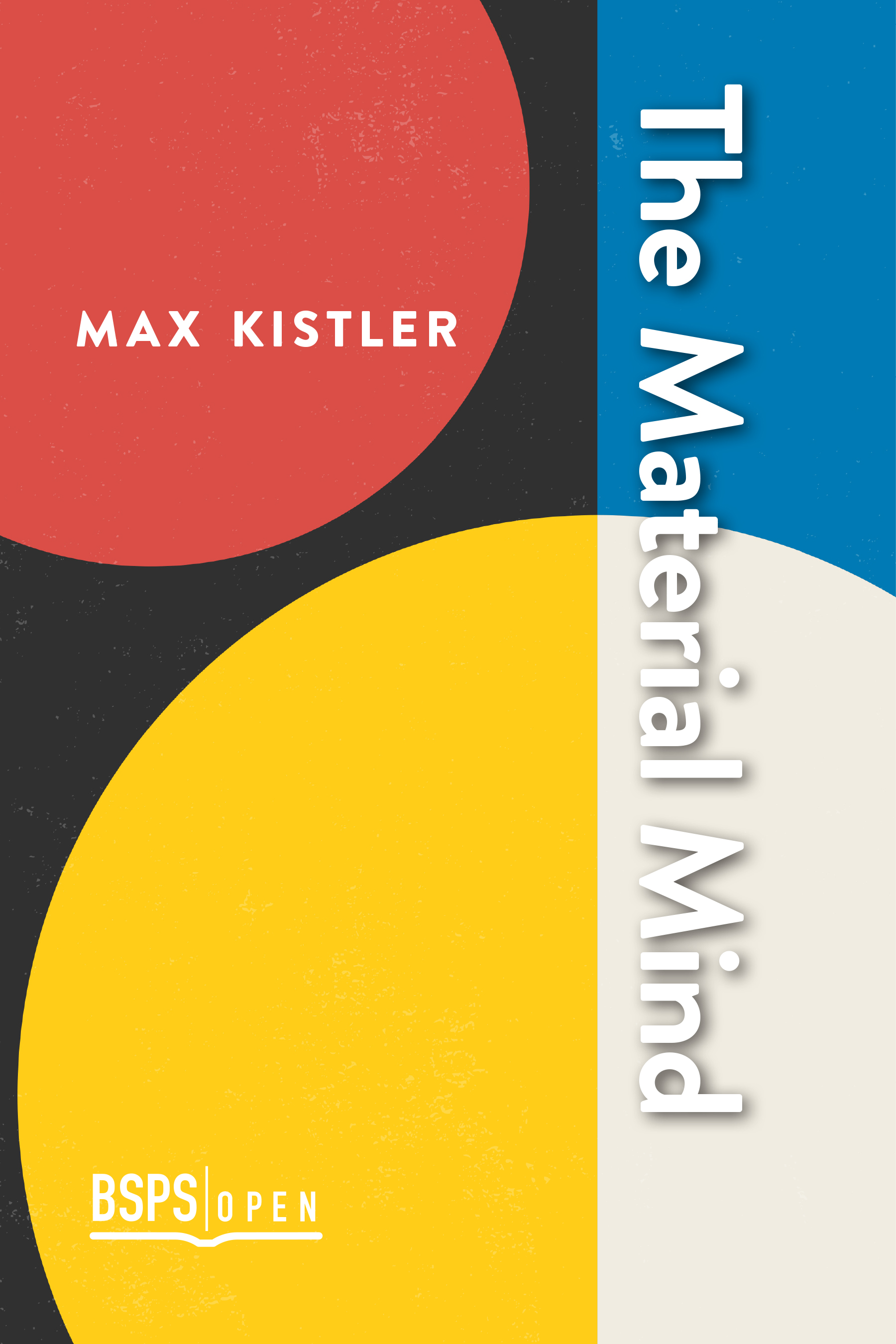The Material Mind puts the issue of understanding how the mind fits into the natural order into broad perspective, linking the question of causal efficacy of cognitive properties and events with issues of their reducibility, the reality of causal powers, and with a relevant concept of emergence.
The idea that persons or animals possess properties of two types, physical and mental, or psychological and cognitive, inevitably raises the question of how such cognitive properties can be causally efficacious, with respect to other cognitive, physiological, or physical properties, of the person herself or her environment.
People, though composed exclusively of atoms like any other material object, have emergent properties that none of those components possess. Among them are cognitive properties. These properties give a person the power to cause both cognitive and physiological events and processes. The Material Mind defends a version of reductionist materialism. It modifies the conceptual framework of the debate by situating psychological and physiological properties of persons within a hierarchy of levels of reality.
The Material Mind develops a concept of reduction that is compatible both with scientific change and with the possibility of multiple reduction bases. It shows that cognitive and other higher-level properties can be construed as causal powers, develops a concept of emergence compatible with reduction, and shows that the integration of the mind into a scientific conception of the world does not deprive mental properties and events of causal efficacy. The book defends the possibility of downward causation of physiological effects by cognitive causes, by questioning the justification of both the principle of the causal closure of the physical domain and the principle of causal-explanatory exclusion.
Assistance in translation from the French provided by BSPS Open.
Max Kistler is a professor in the Department of Philosophy, Paris 1 Panthéon-Sorbonne University and senior member of Institut Universitaire de France. He is the author of Metaphysics of Causation and Causation and the Laws of Nature.
Foreword and Acknowledgements
Introduction
Chapter 1: Unity of Science and Reduction
Chapter 2: Can Reductive Explanations be Considered a priori?
Chapter 3: Cognitive Abilities as Macroscopic Dispositional Properties
Chapter 4: Emergent Properties
Chapter 5: The Casual Efficacy of High-Level Properties
Conclusion
References
The Material Mind approaches the metaphysical mind-body problem through the lens of the philosophy of science. It covers a wide range of topics – from reductionism, laws of nature, and dispositions to emergence and mental causation – and weaves them into a fascinating, complex theory of ontological levels. All parts are innovative and carefully argued. Highly recommended!
—Vera Hoffmann-Kolss, Professor of Philosophy, University of Bern
Max Kistler’s The Material Mind ranges over a large number of topics in the metaphysics of science: reduction, emergence (including an interesting suggestion about when a difference is qualitative rather than merely quantative), the causal efficacy of dispositional properties including mental properties. His discussion of these topics is clear and original. I recommend this book very highly.
—James Francis, Emeritus Professor, University of PIttsburgh
The publication of Max Kistler’s book in English adds distinctive new positions to the wave of work on “reduction” and “emergence” informed by actual science. And Kistler leverages this careful work in the philosophy of science to provide new insights about the metaphysics of mind. Novel “levelled” views of the structure of science, nature, and the mind are one result. Another is a provocative, and equally promising, way to square the universal composition of everything in nature with the existence of higher-level, composed entities that nonetheless act – including psychological beings like ourselves. Highly recommended.
—Carl Gillett, NIU, author of Reduction and Emergence in Science and Philosophy
The Material Mind will guide you through the contrast between reduction and emergence of mental properties with a steady hand—a hand ready for a difficult and fascinating journey. It will argue in favour of both reduction at the proper level of analysis and causal efficacy of emergent mental properties. A difficult journey that is worth taking.
—Simone Gozzano, Philosophy of Mind, Università dell’Aquila
An original and thought-provoking exploration of physicalism, this book makes a compelling case for the causal power of non-physical properties and reveals fresh insights into the emergent layers of reality
—Markus Schrenk, Theoretical Philosophy, Heinrich-Heine-University Düsseldorf
The Material Mind is a wonderfully stimulating book. Max Kistler here develops and defends a compelling set of views about the unity of science and metaphysics of mind. The arguments are provocative and well-grounded in carefully worked out case studies from across the sciences, from statistical physics to cognitive neuroscience. I highly recommend this book to anyone working in the field.
—Alyssa Ney, Professor of Philosophy, LMU Munich
